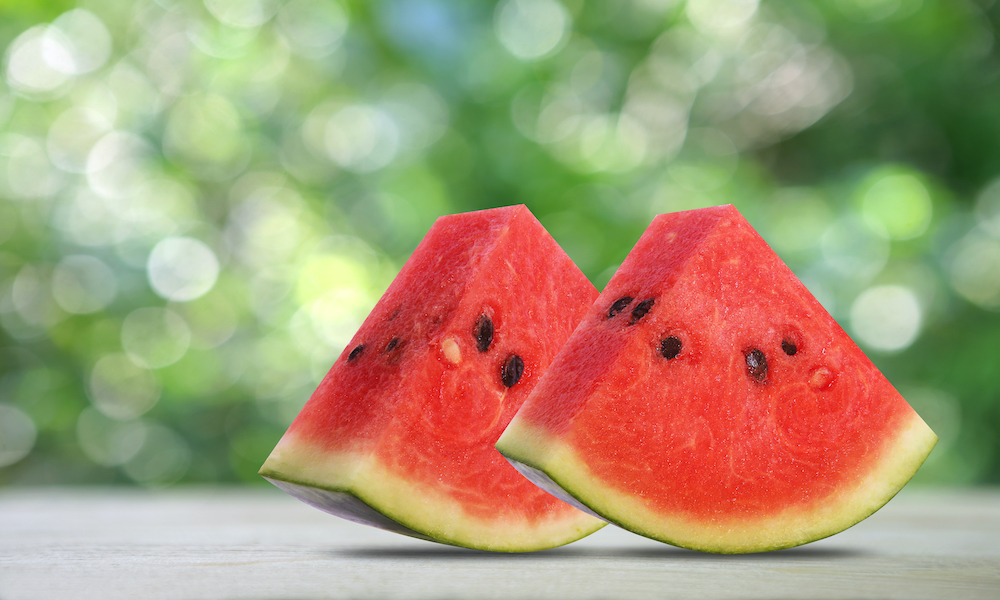
維生素D是什麼?專家說明維他命D功效與副作用、什麼時候吃、攝取量
2024.04.26

瓜胺酸功效有哪些?與精胺酸不同?解析食物怎麼吃、攝取量與注意事項
2024.04.23

諾羅病毒得了該怎麼辦?多久會好?諾羅病毒症狀、潛伏期、飲食調理一次看
2024.04.18
色胺酸是什麼?專家說明色胺酸功效、副作用、含色胺酸食物
2024.01.23
維生素B12是什麼?B12的4大功效(原來缺少這麼嚴重!)
2023.04.24
DHA魚油是什麼?EPA魚油又是什麼?不同比例有不同的功效!
2024.01.18
菊苣纖維(菊糖)的5種功效和副作用(第5點現代人都要注意)
2019.06.19
PS磷脂醯絲胺酸6大功效!專家介紹副作用、攝取量、怎麼吃!
2023.06.05
【2024最新】10款市售魚油推薦品牌,魚油推薦挑選5大要點!
2024.04.02
熱門文章

色胺酸是什麼?專家說明色胺酸功效、副作用、含色胺酸食物
2024.01.23
.001.jpeg)
維生素B12是什麼?B12的4大功效(原來缺少這麼嚴重!)
2023.04.24

DHA魚油是什麼?EPA魚油又是什麼?不同比例有不同的功效!
2024.01.18

